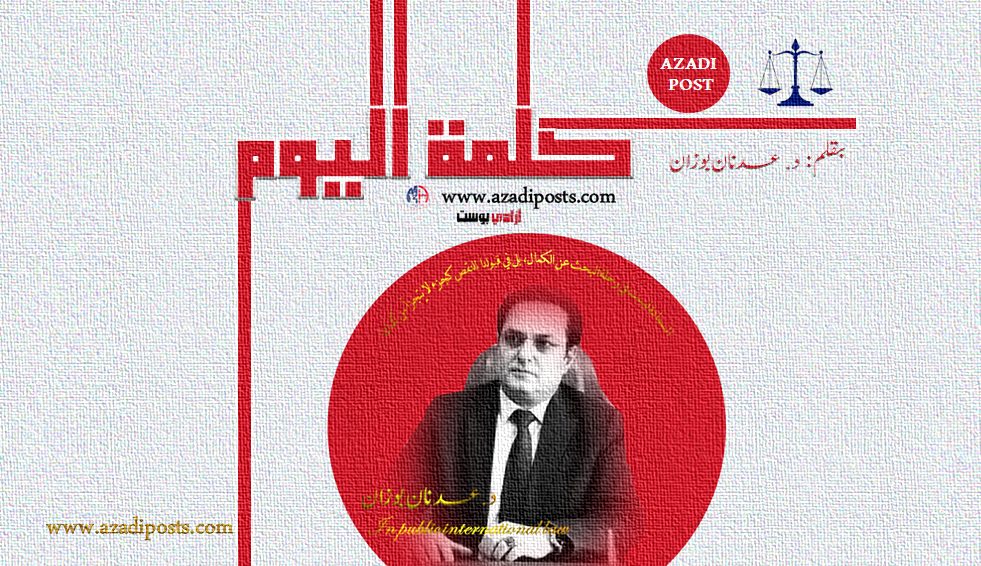
By: Dr. Adnan Bozan
In an era witnessing rapid political transformations and complex global changes, we find ourselves facing unprecedented challenges on the political stage, where the interests of local and international powers intersect, and economic and social issues intertwine in an exceedingly complicated landscape. Major events dominating the global political scene are no longer transient occurrences; rather, they are continuous chapters of changes that will shape the contours of the future for decades to come. As our nation goes through a pivotal phase in its history, there is an urgent need for a deep and comprehensive understanding of these transformations and an evaluation of their implications on the political, social, and economic realities.
What is happening today is the result of long-term interactions between internal and external factors that have shaped, and continue to shape, the political roadmap of nations and peoples. In this context, we cannot overlook the profound impact of economic crises, the latent cold wars, and the diplomatic pressures exerted on governments to adopt certain stances that may not always be in the best interest of the people. Amid this complex reality, the most important question arises: How can we, as individuals and as a nation, confront this overwhelming number of challenges?
Complete awareness of the dimensions of what is happening around us is the foundation for making sound political decisions that ensure we do not slip into new conflicts or take reckless steps that could harm the interests of the nation and its citizens. We must clearly understand that politics is not merely a game for the powerful; it is a collective responsibility that requires constructive interaction between the government and the people. In these critical moments, it is not enough to be mere observers of events; we must actively participate in shaping our destiny and be prepared to make sacrifices in order to achieve our national aspirations.
Political decision-making is not just about the decisions made by governments, but is closely tied to the individual responsibility of each of us as citizens. True change begins with collective political awareness and continuous engagement with issues that affect our daily lives. We cannot wait for political leadership to provide quick, comprehensive solutions to all problems; we must be part of the solution through our stances, voices, and actions, reflecting our commitment to the principles of democracy, justice, and equality.
Amid this change, the role of the media comes into play as a bridge between political forces and the public. The media should not merely be a conveyor of information; it must actively assist in shaping public awareness and guiding political debates toward issues that genuinely matter to the people. When we say that the media is the fourth estate, we mean that it must be a true voice for the people, reflecting their challenges, ambitions, and hopes.
Today, as we witness all these changes on both the local and international fronts, we must take a step back to reassess our positions and look at the future with an open and realistic eye. Let us examine the realities on the ground and work on building a comprehensive political strategy that guarantees us stability and prosperity in these complex circumstances.
What we are living through now is a true test of our political wisdom. When we face crises with patience and steadfastness, we have taken the first steps toward radical change. The true strength of a state does not lie solely in the strength of its military or economy, but in the unity of its people and their political awareness. Therefore, the path to success and progress begins with a deep understanding of what is happening around us, the ability to critically analyze events, and then make well-thought-out decisions that contribute to improving our political, economic, and social realities.
In the end, we must recognize that politics is more than just a transaction between competing powers; it is a philosophy of life that seeks to achieve justice, equality, and social peace. From here, our role as a politically aware society is to continuously strive towards building a strong nation based on the values of unity, solidarity, and the common good.